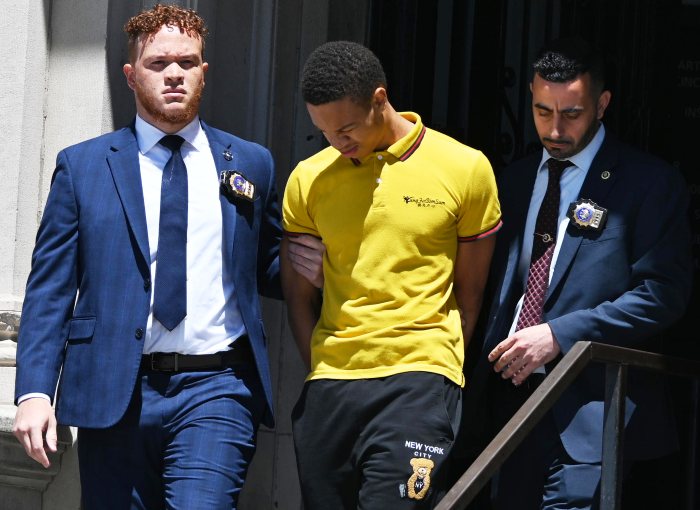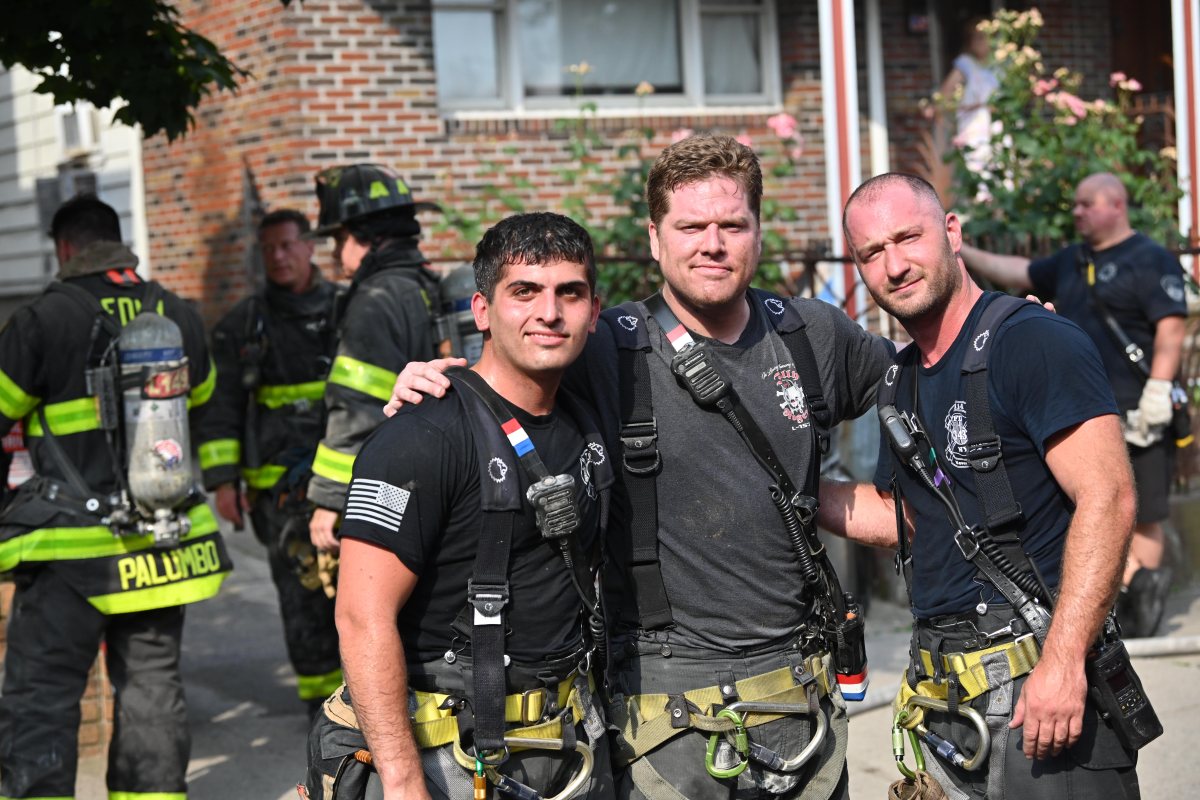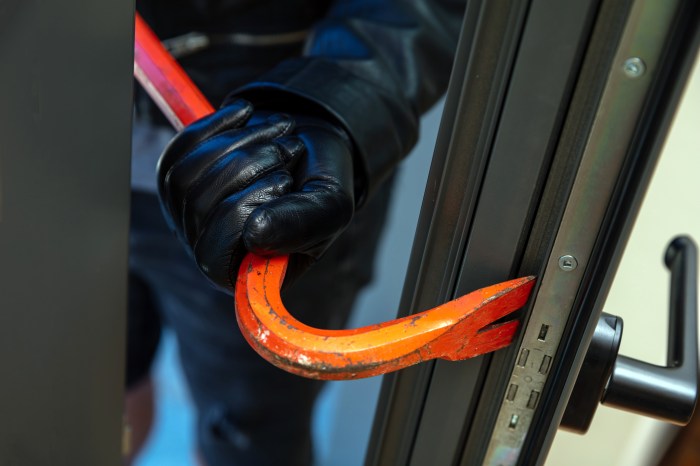The city must investigate a recent rash of complaints alleging that Bensonhurst business owners lack permits for their storefronts’ signage, according to local civic leaders, who said the uptick in such allegations already cost mom-and-pop shopkeepers thousands of dollars in fines.
A probe of the reports filed with the city’s 311 hotline is necessary to ensure greedy agents are not cashing in at the small-business owners’ expense, according to the district manager of Community Board 11.
“They really need to look and make sure that whoever is calling in these sign complaints is not benefitting from a personal gain,” said Marnee Elias-Pavia.
This year, the 311 hotline received some 127 complaints about signs and awnings belonging to businesses within the board’s district, which also includes Bath Beach, Gravesend, and Mapleton — a whopping 113 more than it received about storefronts in the same area last year, according to a letter Elias-Pavia fired off on Dec. 19 to the Mayor’s Office of Operations, which oversees the hotline run by the Department of Information Technology and Telecommunications.
The missive came days after the civic panel voted to pass a resolution demanding the mayoral office “ensure that complaints were not generated for financial gain or theft of government services” at its Dec. 13 general meeting.
The city in 1968 instituted the law requiring a permit to install signs larger than six square feet, to ensure that placards don’t fall off and injure passersby, Department of Buildings spokesman Andrew Rudansky said.
Fines for installing a sign without a permit can start at $6,000 and can rise up to $15,000, and city inspectors issue them to property owners, not shopkeepers who run businesses targeted in the complaints, according to Rudansky.
But many business owners claim their landlords force them to pay the fines regardless of whom they are issued to.
For instance, the owner of a Bensonhurst jewelry store said his landlord shocked him when he handed the entrepreneur a $6,000 bill for a fine dealt in response to a May 25 complaint about his sign — especially because the placard hung outside his store for more than a decade without anyone making a peep, he said.
“After 15 years, you decide to come now and issue this?” said Freddie Benz, the owner of Benz Jewelers on 86th Street between Bay 25th and Bay 26th streets, who said he had to shell out money for a new sign in addition to footing the bill for the violation.
A spokesman for the city’s Technology Department did not specifically respond to questions about whether or not the agency will investigate the 311 complaints in the wake of CB11’s letter, instead saying hotline operators forward allegations to the appropriate city agencies, and that some — including the Buildings Department — accept anonymous complaints.
That agency allows tipsters to conceal their identities so that complainants can freely report building-related concerns without fear of reprisal from their landlords, Rudansky said.
But Buildings Department bigwigs should remove the cloak of anonymity in this instance, because callers logging the sign complaints appear to be organized, according to Elias-Pavia, who said city data shows that some tipsters reported multiple allegations — often about neighboring businesses — on the days they called, such as on April 24, when folks filed 11 complaints about businesses on 18th Avenue and 86th Street.
Plus, the callers likely searched for each business individually on the Buildings Department’s website to find out if any had permits for signs — an effort Elias-Pavia alleged they probably would not have made unless there was something to gain from filing the complaints.
And Brooklyn isn’t the only borough that received an uptick in complaints about businesses’ signage — the number of such allegations citywide spiked by more than 100 percent this year, according to Rudansky, who said Kings County received the lion’s share, netting 1,046 of a total 1,890.
The Buildings Department is required by law to respond to all 311 complaints, but it does not employ staffers dedicated to inspecting storefronts’ placards, and inspectors only investigate allegations of illegal signage while conducting unrelated visits in neighborhoods where complaints were filed, Rudansky said.






















